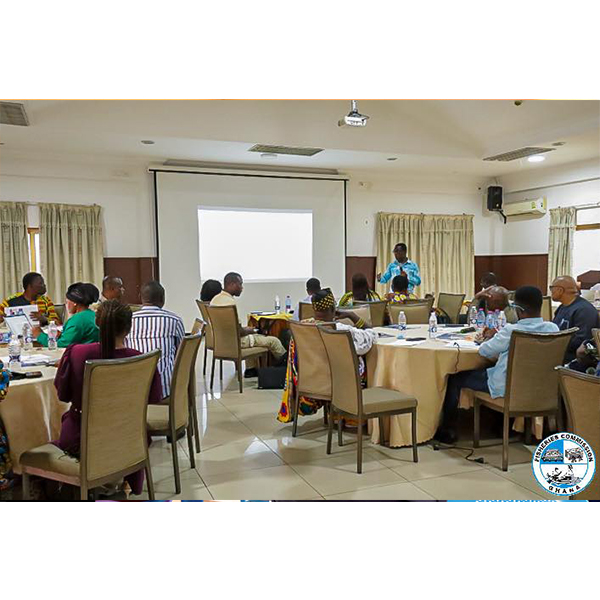The Fisheries Commission, under the Ministry of Fisheries and Aquaculture Development (MoFAD), has convened a two-day stakeholder engagement to review the draft Inland Fisheries Management Plan (IFMP 2026–2030), Ghana’s first blueprint for the inland fisheries sub-sector.
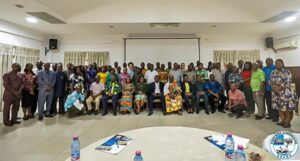
The session, held from September 10–11, 2025, at the Mensvic Hotel in Accra, brought together representatives from the southern sector, comprising the Volta, Greater Accra, Central, and Western Regions, as well as the Akosombo enclave in the Eastern Region.
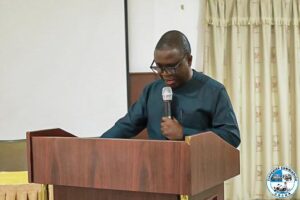
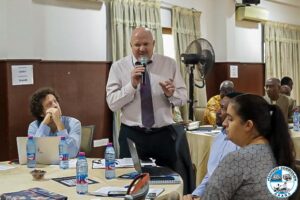
The objectives of the engagement were to review the Zero Draft IFMP, gather stakeholder input to refine the plan, build consensus on sustainable strategies for inland fisheries management, and ensure inclusivity across all actors in the value chain.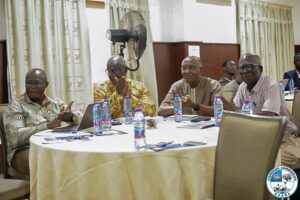
Delivering the welcome address, Prof. Berchie Asiedu, Deputy Executive Director (Technical) of the Fisheries Commission, reaffirmed the Commission’s commitment to safeguarding inland fisheries as a critical resource that supports livelihoods, food security, and community well-being. He emphasized that addressing challenges such as overfishing, habitat degradation, and climate change demands “collaboration, innovation, and a shared vision.”
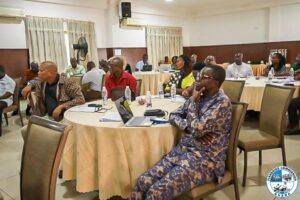
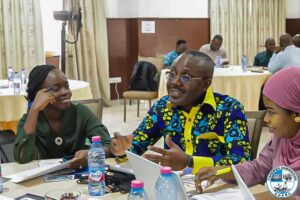
Speaking on behalf of the Chief Director of MoFAD, Ms. Rosemary Abbey, Director of Finance and Administration, stressed in her keynote address that the development of the IFMP “is not just a policy exercise; it is a commitment to safeguarding our natural heritage and ensuring equitable benefits for all who depend on these resources.”
Chairperson of the workshop, Dr. Lawrence Issah Braimah, commended the Fisheries Commission and partners for their work on the draft plan. He urged stakeholders to focus on “projectising” the IFMP, noting that translating the document into implementable projects will facilitate collaboration, attract investment, and guarantee long-term impact.
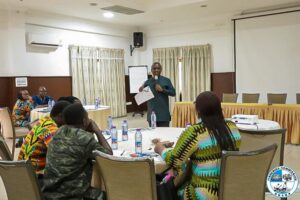
The workshop featured solidarity messages from partner institutions and breakout group discussions where participants contributed practical inputs to refine the draft. Stakeholders called for strengthened enforcement, improved community sensitization, and greater empowerment of women and youth across the fisheries value chain.
The engagement reflects MoFAD and the Fisheries Commission’s broader commitment to inclusive policymaking, ensuring that fishers, processors, researchers, traditional leaders, civil society organizations, and private sector players all play a role in shaping the future of Ghana’s inland fisheries.


